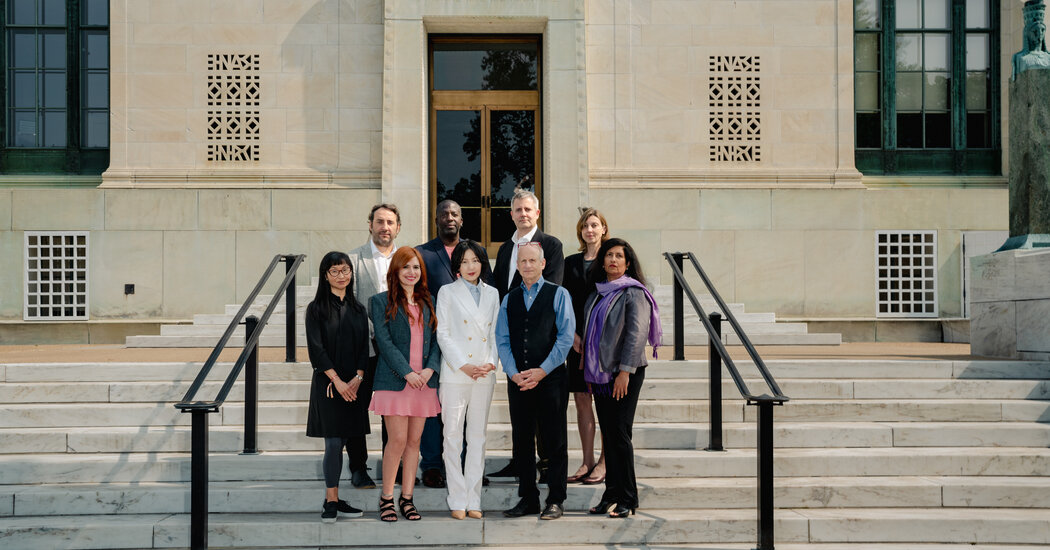On Wednesday, the panel’s researchers presented the summary of the first two studies, which reviewed 4,798 peer-reviewed publications that examined misleading information on social media and pooled findings on the effectiveness of countermeasures.
The findings suggest that the most effective responses to false information online are to label content as “disputed” or flag state media sources and publish corrective information, usually in the form of debunking rumors and misinformation.
Much less certain, the report argues, is the effectiveness of public and government efforts to pressure social media giants such as Facebook and Twitter to remove content, as well as internal corporate algorithms that suspend or downplay objectionable accounts. The same goes for media literacy programs that train people to identify sources of misinformation.
“We’re not saying information literacy programs don’t work,” said Sebastián Valenzuela, a professor at Chile’s Pontifical Catholic University who oversaw the study. “What we’re saying is we need more evidence that they work.”
The panel’s inspiration model, the Intergovernmental Panel on Climate Change, was founded in 1988, a time when climate change was equally contested. Its scientists, working under the auspices of the United Nations, toiled for decades before its assessments and recommendations were recognized as scientific consensus.
When it comes to the digital landscape and the impact of abuses on society, the science of disinformation would be even more difficult to measure concretely. Climate change is “hard science,” says Young Mie Kim, a professor at the University of Wisconsin-Madison who serves as vice chair of a committee focused on research methodology.
“So, relatively speaking, it’s easier to develop some common concepts and toolkits,” Ms. Kim said. “It’s hard to do that in the social sciences or the humanities.”

